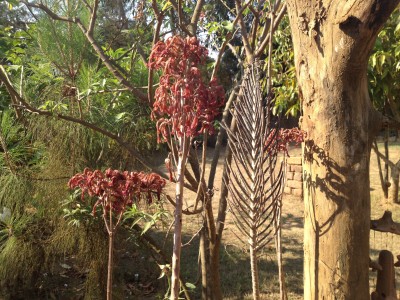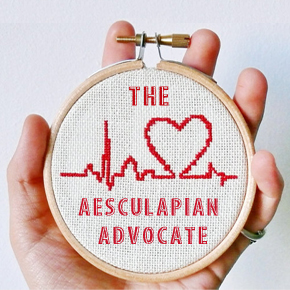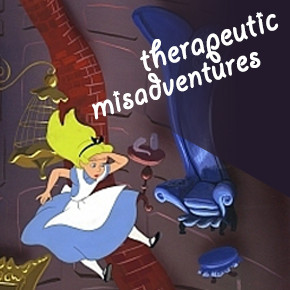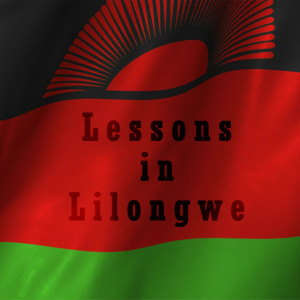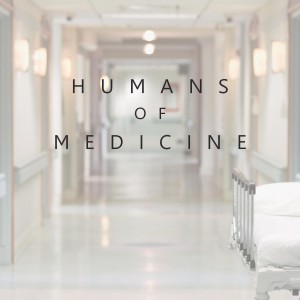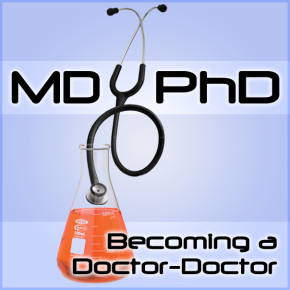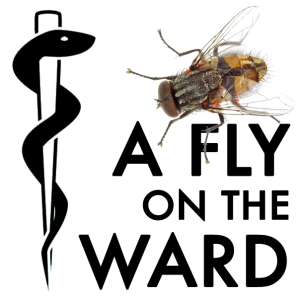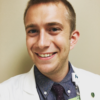 Brent Schnipke (18 Posts)
Brent Schnipke (18 Posts)Medical Student Editor, Writer-in-Training and Columnist Emeritus
Boonshoft School of Medicine at Wright State University
Brent Schnipke is a third year medical student at Wright State University Boonshoft School of Medicine in Dayton, OH. He is a 2014 graduate of Mount Vernon Nazarene University with a degree in Biology. His professional interests include writing, medical humanities, and higher education. When he's not studying, he can be found reading at a local coffee shop, training for his next race, or planning an adventure with his wife. Brent is also active on social media and can be reached on Twitter and Instagram @brentschnipke.
Prints, Pages, and Pagers
Prints, Pages, and Pagers aims to look closely at the lives of medical students and doctors, real or fiction, whose lives and experiences are told in novels, short stories, poetry, or any kind of writing. These book reviews are an opportunity for medical students to learn from the many fascinating stories produced by the field of medicine, and maybe to read something other than a textbook.
Few doctors in the modern era have established themselves so securely as both doctor and writer as to be easily recognized in both circles; this is perhaps because of the difficult and time-demanding nature of both careers. One notable exception is Dr. Atul Gawande, a renowned general surgeon in Boston, MA, who also happens to be a widely published and well-known author of several books. In his most recent book, “Being Mortal,” it is clear that he has grown, not only as a writer, but as a doctor and a human being as well – which, after all, is what this book is all about.
One of my housemates and I decided early on in my time in Malawi that we needed a code word that would mean, “Austin, stop worrying about money and schedules. Just enjoy the experience and let go.” We decided that “chocolate chips” would be our secret phrase for capturing this sentiment. That way, regardless of the social situation, my housemate could remind me to let go of control and just be.
Today is International Human Rights Day and the one-year anniversary of last year’s national White Coat Die-In to support the #BlackLivesMatter movement. The coordinated die-in protests drew national attention highlighting racism as a public health issue. Across the nation today, silent protests at medical schools in New York, Philadelphia, Houston and San Francisco call on medical schools and academic medical centers to move beyond mission statements and slogans in their efforts to promote racial justice.
Terrified beyond belief I never thought I’d be. / I’m overcome, I’m overrun, with little left to show. / I’m standing still, the world a thrill, my watching from within — / this room of mine, it’s time to shine —
In undergrad chemistry lab, you likely were introduced to the terms accuracy and precision, often represented visually by the spread of darts on a dartboard. You were told to keep track of significant figures based on how well the various graduated cylinders and titration pipettes could measure volumes. The goal was to express the answer with as much certainty as possible, given the tools at your disposal.
A few weeks ago, Coca-Cola disclosed that they have donated almost $120 million in grants to medical, health, and community organizations since 2010. As medical students, we can all understand how scientists who receive grant funding from a corporation such as Coke are at increased risk for inserting biases, conscious or otherwise, into their scientific research.
“Tell me about an experience that moved you in some way.” “Before I entered physician assistant school, I worked for about a year as a volunteer emergency medical technician in New Orleans with the New Orleans Emergency Medical Services. I wanted to work in something I knew would challenge me and determine if medicine and me really were a good fit. That experience definitely did the trick! There were so many patients who impacted me, but one in particular created a very poignant memory.
Over the past few months, a recurring topic in news conversation has been the plight of refugees from Syria. Recently, European nations such as Germany have contemplated whether to extend asylum to many of the estimated 6.5 million individuals displaced within Syria, and the 3.5 million who have fled to neighboring nations. The Syrian Civil War began in 2011, and with growing instability in the region due to the growth of groups such as ISIS, much of the previous infrastructure has eroded, including the country’s health care and public health systems. There are a number of concerns for the health of refugees trapped in Syria, and for those who have found asylum in countries across the globe.
“I didn’t know how good I was at science before I got to public school. When I was younger, I would always have free time to myself. I’d just roam around. Just like put stuff together, take things apart, just to see how things work. So, I always gravitated towards science. And just being around the hospital — I had no desire to fulfill it and be like ‘that’s what I’m gonna do.’
As a newly-minted third-year medical student, I’m now reaching the point where I finally have to decide what I want to be “when I grow up.” (I use that term very loosely since I’m in my late 20s, have spent 23 years of my life in school, and already have one doctorate degree). Which areas of medicine should I pursue? Do I want my future practice to be clinically-oriented, research-oriented, academically-oriented or all of the above?
Hey Jimmy,
It’s me. You. Us, I guess. Don’t ask me to explain how time-traveling communication works. I assume it’s like the movie Interstellar (which you don’t know about because it hasn’t been released yet) or The Lake House. Anyhow, in roughly four years from now I, you, us, we will graduate from medical school and I thought it would be a good idea at this point, to write back to you just as you’re starting at Schulich Med in the fall of 2011. What I bring to you is a one-time offering of advice and insight. And no, I won’t give you stock tips: it doesn’t work that way.
It is no great mystery that burnout is prevalent in the field of medicine, and it almost seems as if studies and articles highlighting this sad and disturbing truth are published daily. The reality is that doctors and doctors-in-training often struggle with their profession of choice, citing disillusionment, depression, long hours, exhaustion and lack of empathy as either symptoms or causes of feeling burnt out.
 Brent Schnipke (18 Posts)
Brent Schnipke (18 Posts)Medical Student Editor, Writer-in-Training and Columnist Emeritus
Boonshoft School of Medicine at Wright State University
Brent Schnipke is a third year medical student at Wright State University Boonshoft School of Medicine in Dayton, OH. He is a 2014 graduate of Mount Vernon Nazarene University with a degree in Biology. His professional interests include writing, medical humanities, and higher education. When he's not studying, he can be found reading at a local coffee shop, training for his next race, or planning an adventure with his wife. Brent is also active on social media and can be reached on Twitter and Instagram @brentschnipke.
Prints, Pages, and Pagers
Prints, Pages, and Pagers aims to look closely at the lives of medical students and doctors, real or fiction, whose lives and experiences are told in novels, short stories, poetry, or any kind of writing. These book reviews are an opportunity for medical students to learn from the many fascinating stories produced by the field of medicine, and maybe to read something other than a textbook.





